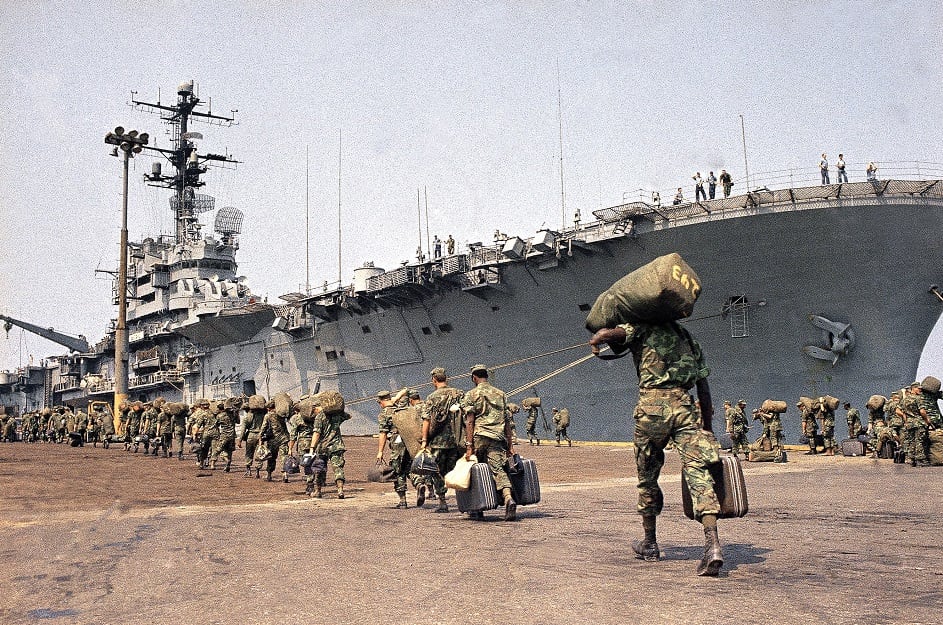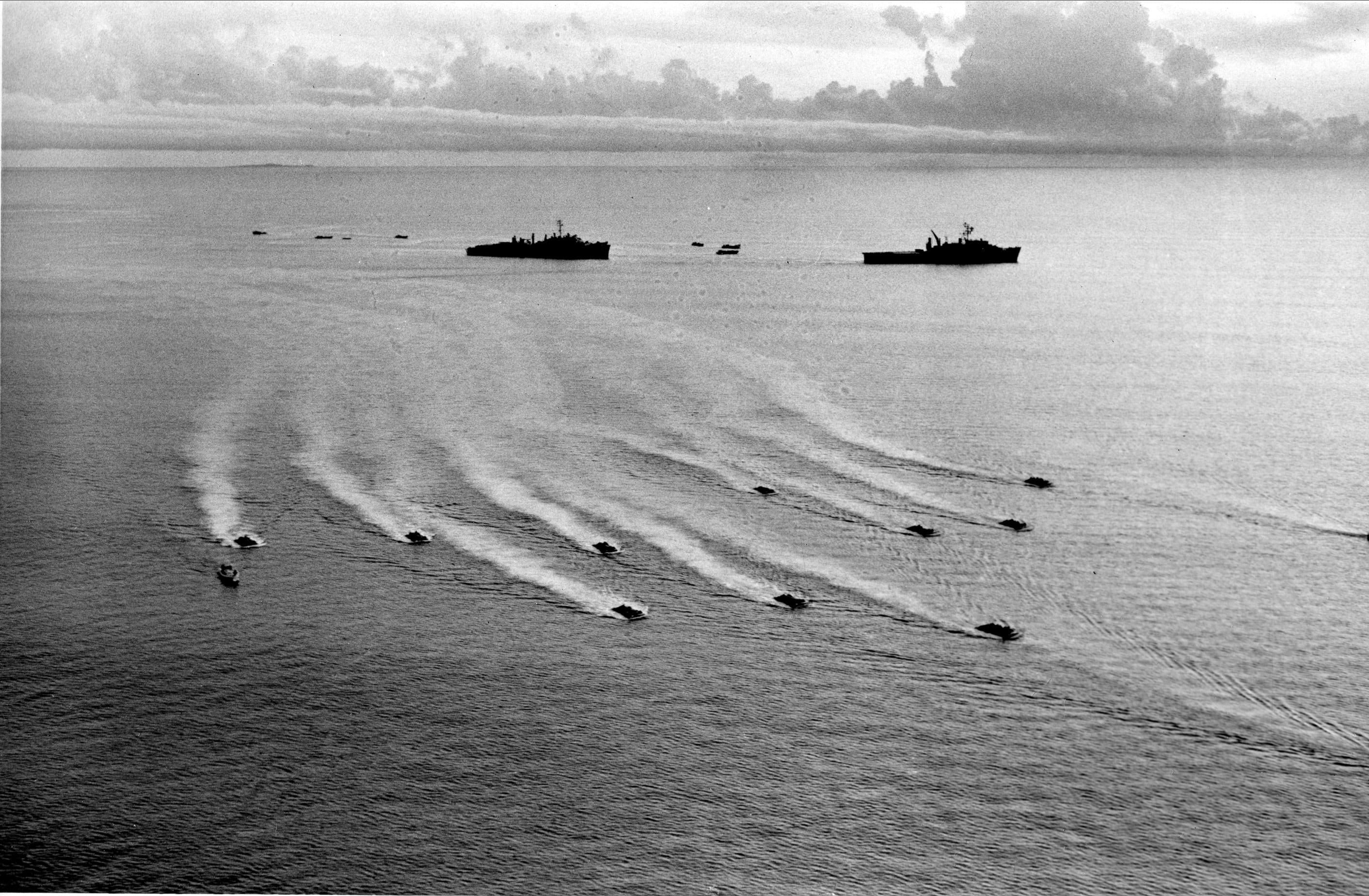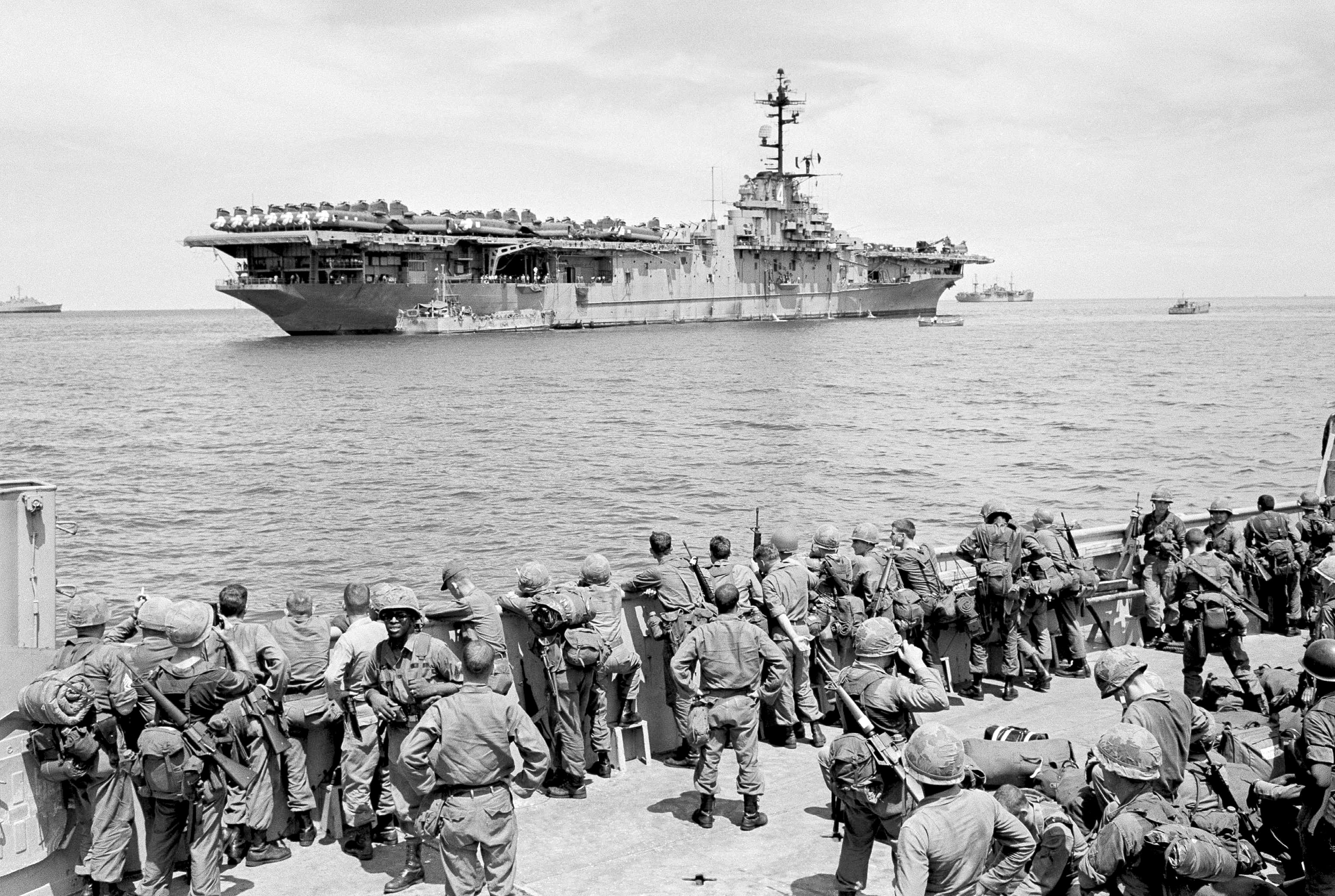The Department of Justice will drop its appeal of a federal court decision awarding disability benefits to tens of thousands of veterans who claim exposure to cancer-causing chemical defoliants while serving in the seas near Vietnam, handing advocates what appears to be a final legal victory.
In a filing with the Supreme Court Tuesday, Justice Department officials said they will not argue for overturning the Procopio vs. Wilkie decision from January which undid years of Veterans Affairs policy denying benefits to about 90,000 “blue water” Navy veterans.
Congressional Budget Office officials had estimated that awarding the benefits to the blue water veterans could total about $1.1 billion over 10 years, but VA officials in the past have estimated the total could rise to more than $5.5 billion.
Justice lawyers had twice asked for deadline extensions to file an appeal, even as VA officials publicly said they believed the lower court decision should stand. Congressional leaders and outside advocates had also argued against an appeal.
RELATED

In a statement, House Veterans’ Affairs Committee Chairman Mark Takano, D-Calif., and ranking member Phil Roe, R-Tenn., said they were “encouraged by DOJ’s decision not to appeal Procopio and further delay benefits to our Blue Water Navy veterans.”
At issue is a VA decision in the past to treat the sailors’ disability benefit claims differently from other troops who served in Vietnam.
Under current rules, the blue water veterans can receive medical care for their illnesses through VA. But to receive disability benefits — worth up to several thousand dollars a month — they must prove that their ailments are directly connected to toxic exposure while on duty.
That’s not the case for other Vietnam veterans, who are presumed to have been exposed to Agent Orange and other defoliants known to cause serious and rare cancers.
So while a veteran who served on the shoreline could receive disability payouts after contracting Parkinson’s Disease or prostate cancer, another vet who served on a ship a few miles away would have to provide evidence of direct contact with hazardous chemicals.
Advocates have argued that is impossible, given the time that has elapsed since the exposure and the poor toxic exposure monitoring at the time.
In a 9-2 decision in January, the U.S. Court of Appeals for the Federal Circuit agreed, stating that that Congress never intended to exclude servicemembers in the seas around Vietnam when they awarded presumptive benefits for illnesses related to Agent Orange exposure.
John Wells, retired Navy commander and the executive director of Military-Veterans Advocacy (which helped file the Procopio lawsuit), said the Department of Justice decision means their fight is effectively over.
Last month, House lawmakers unanimously passed legislation echoing the court decision in an effort to ensure any future appeal or legal challenge would not overturn the benefits.
Roe and Takano on Tuesday urged their Senate counterparts to pass the measure anyway, noting that it also includes expansion of certain presumptive benefits to troops who served in the Korean Demilitarized Zone and to children of herbicide-exposed Thailand veterans born with spina bifida.
RELATED

But Wells argued that the legislation actually pulled back parts of the court ruling, more narrowly defining the territorial waters where ships had to travel for veterans to be located.
“Now we don’t need the bill at all,” he said.
VA officials had already begun to process some blue water veterans benefits since the January decision, and are expecting that caseload to rise now that the court decision is final.
Leo covers Congress, Veterans Affairs and the White House for Military Times. He has covered Washington, D.C. since 2004, focusing on military personnel and veterans policies. His work has earned numerous honors, including a 2009 Polk award, a 2010 National Headliner Award, the IAVA Leadership in Journalism award and the VFW News Media award.




